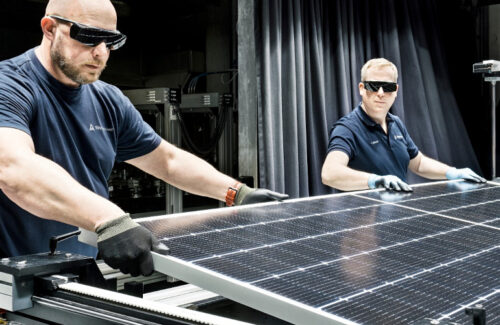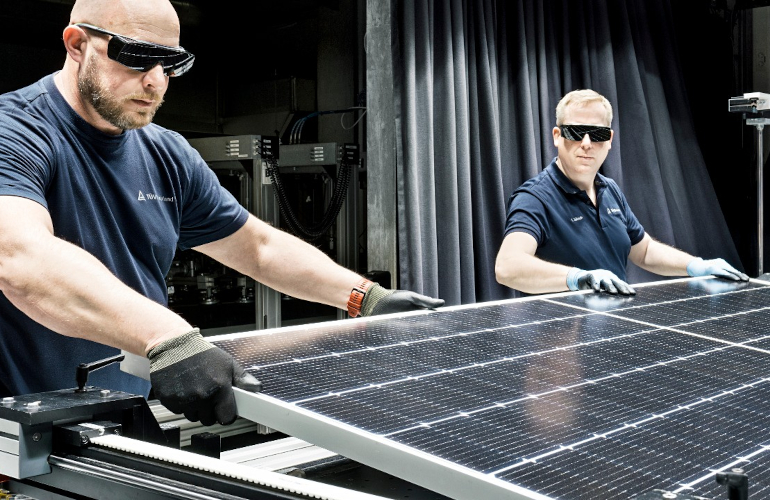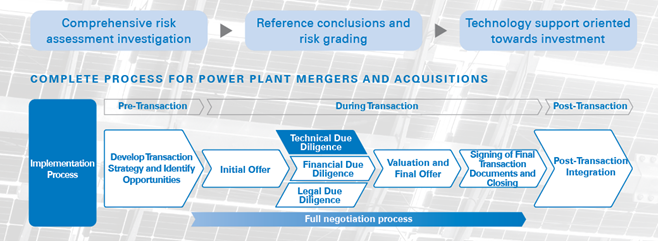In 2025, U.S. solar deals are won not on price per watt, but on proof: traceable supply chains and bulletproof technical due diligence. To clear diligence quickly and protect incentives, two capabilities now dominate buyer and lender decisions: project‑grade traceability and disciplined technical due diligence (TDD). Together, they convert technical certainty into financial certainty — often more than small differences in up‑front price.
 Why traceability matters now
Why traceability matters now
Traceability is no longer a compliance afterthought; it is a market differentiator. Buyers want a single, auditable chain that links purchase orders, batches and serial numbers to the bill of materials. This “PO → batch → serial” view allows teams to verify origin, content and substitutions briefly.
Policy reinforces this need for traceability, like when domestic‑content guidance clarified classifications and cost percentages for bonus credits. Clarity shifts risk to documentation quality. Projects with a defensible chain of custody are stronger in diligence and less likely to be renegotiated at commercial operation dates.
Technical due diligence as risk compression
TDD turns engineering into decision‑ready evidence. Instead of long reports and alphabet soup, investors want concise, comparable summaries showing what was tested, why it is relevant to the site, what the independent results show and which residual risks remain. When TDD is coupled with clean traceability, credit committees can make apples‑to‑apples calls with fewer contingencies.
What buyers are prioritizing in 2025
- Bankable yield over headline specs: Confidence that output holds under heat, humidity, ultraviolet exposure and mechanical loads — without jargon.
- Project‑grade traceability from Day 1: PO → batch → serial mapping and BOM linkage treated as a deliverable, and not as an afterthought.
- Neutral anchors: Independent quality assessments and public consensus notes.
A simple 2025–2026 playbook
- Make documentation a deliverable: Contract project‑level traceability (project → batch → serial) with clear QR/ID rules and loss‑of‑mark handling so IRS reviews and lender diligence use the same audit trail.
- Lock in execution early: Align TDD milestones with interconnection stages; require independent verification before site acceptance to avoid late‑stage renegotiations.
- Short‑list by evidence: Combine standardized reliability summaries with independent quality assessments and SEC takeaways to converge quickly on modules that protect yield under site‑specific stresses.
- Keep committees aligned: Use a one‑page module memo — what was tested (TDD), what was documented (traceability), which risks remain and how they are mitigated.
Looking ahead
Traceability and TDD are no longer paperwork; they are market levers. By compressing risk and protecting bonus incentives, they accelerate financing and deal closure. As the U.S. solar market grows more competitive, projects that master both will set the benchmark for 2026 and beyond.
 May Wang is the U.S. Segment Manager for Solar and Sustainability at TÜV Rheinland, where she has dedicated two decades to advancing the company’s global leadership in renewable energy. Since the expansion of TÜV Rheinland’s solar operations from Cologne to Shanghai in 2008, she has played a central role in strengthening collaboration with the world’s largest accredited solar laboratory and in building the company’s reputation as a trusted partner in the solar and PV power plant sectors. Her international experience — spanning China, the U.S., Europe, the Middle East, and Asia Pacific — has positioned her as a recognized expert in accreditation, regulation, and renewable energy certification.
May Wang is the U.S. Segment Manager for Solar and Sustainability at TÜV Rheinland, where she has dedicated two decades to advancing the company’s global leadership in renewable energy. Since the expansion of TÜV Rheinland’s solar operations from Cologne to Shanghai in 2008, she has played a central role in strengthening collaboration with the world’s largest accredited solar laboratory and in building the company’s reputation as a trusted partner in the solar and PV power plant sectors. Her international experience — spanning China, the U.S., Europe, the Middle East, and Asia Pacific — has positioned her as a recognized expert in accreditation, regulation, and renewable energy certification.
In her current role, Wang oversees TÜV Rheinland’s U.S. business operations for solar and PV power plants, ensuring manufacturers, investors, EPCs, and plant owners benefit from the company’s global expertise. She leads initiatives in bankability assessments, performance testing, quality assurance, and risk management, working closely with stakeholders to promote reliable, high-quality, and sustainable energy solutions. A Computer Science graduate, Wang is committed to driving innovation and accelerating the energy transition through strong industry partnerships and a proactive approach to supporting the growth of the U.S. solar market.


